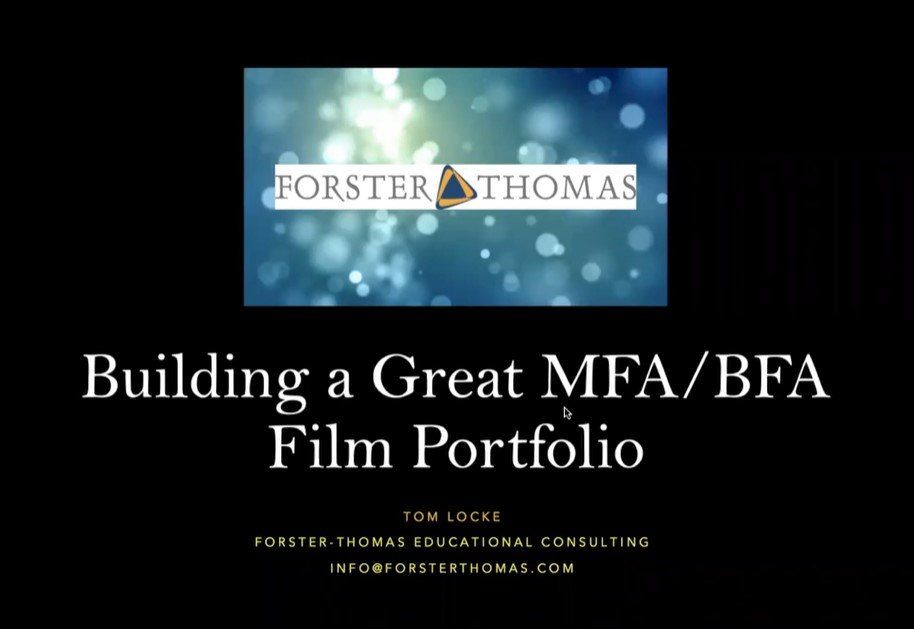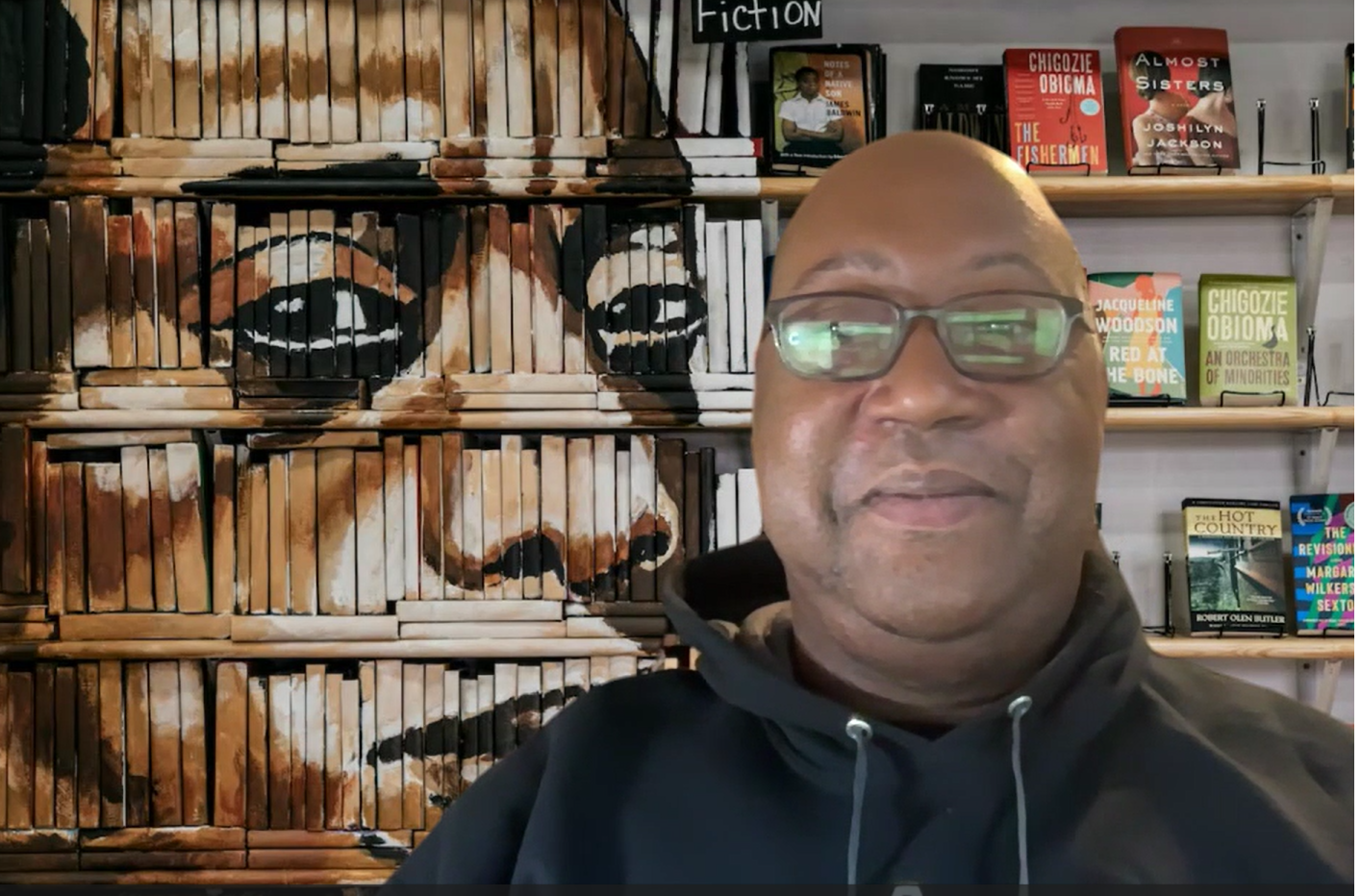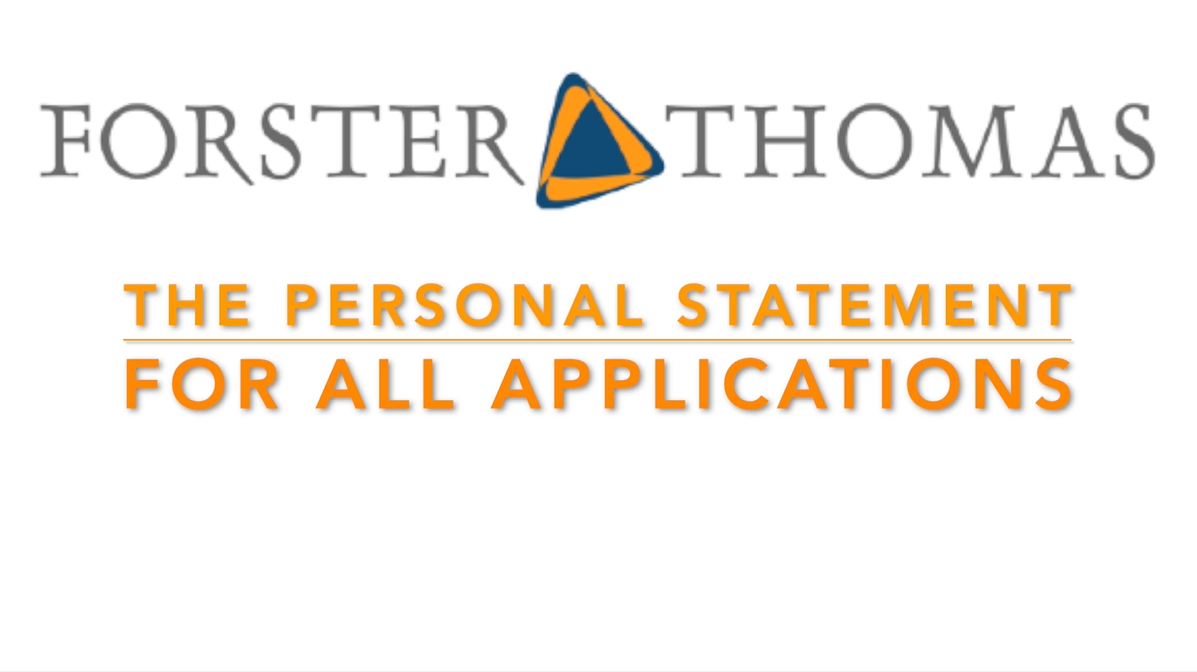Or How to Write a College Supplement Essay About Why You’re Applying to That School
Many colleges ask, “Why us?” as in “Why do you want to come to our school and be part of our community?” The question usually goes something like this: Describe the unique qualities that attract you to the specific undergraduate college or school to which you are applying at our university.
As essays go, this one is usually even more important than your personal statement. Why? Because colleges and universities want to make sure you know what their school or program is all about and why you are a good fit for their community, style, and mission. If you can’t “show” them why, then you’re probably not a good candidate for that school—even if you have strong grades, great standardized test scores, and an amazing personal statement.
You must take this question very seriously: Revealing real reasons why you are a good fit for this school’s or program’s community lets the college know that you know what you want in a school, and that you have what it wants in a student. And the only way to prove this is by writing about specific aspects of that school or program—such as specific professors you want to study under so you can learn about something you love and are curious about. Even better, write about the specific learning environment in that department. For example, if you truly want to study Economics, you should mention specific courses, the professors who are teaching them and perhaps the fact that these professors have differing points of view on the same subject. Or if your major of interest is robotics and graphics and Carnegie Melon is on your short list, your 300 words should include something about The Robotics Institute, professors like Nancy Pollard, and her interest in “the hand.” Many colleges teach robotics, but each one has different approaches, professors, and courses. You need to show a college or university that you know what makes it special and why you fit in with its approach and/or why you want to learn in the mix of that school’s particular environment. Otherwise, you run the risk of writing what we at Forster-Thomas call an “Any Essay for Any School USA.”
Note: If you are able to send the same essay to every school you are applying to and all you had to do was change the name of the school, you are heading down the wrong path.
Also, you need to prove to the school that your interest in your major is real. If you want to major in journalism at Northwestern, it stands to reason that you would have been active in your school paper or literary magazine. You don’t have to have tons of awards, but you need to have concrete examples of have examples of articles you’ve written for the school paper, sections you’ve edited for the yearbook, or a blog that you regularly write. A sudden interest in journalism during the summer before senior year just won’t cut it. The same is true of any major like graphic arts, economics, or English.
And here is the kiss of death: a promise that you are “going to get involved” once you’ve been accepted. No one wants to know what you’re going to do if you’ve never really participated in your high school’s clubs or local organizations. When you are writing about particular activities or classes you want to participate in once you get to college, it helps to include things you’re already involved in that are similar to clubs or organizations at the school you are writing about. That’s what we mean when we say “proof.”
This doesn’t mean that you cannot write about activities you’ve never done before, like ballroom dance, or taking a course in a subject you’ve always wanted to explore, and new things you’d like to try that may or may not have anything to do with your major.
What’s most important is that you show why you are a fit and why the school or program is a fit for you. Show that you know what the community and the environment are like and why it’s important to you given who you are—and how you will contribute to the school.
Again, the most important thing to remember is that you are writing about this particular school. If you read over your work and find that what you have written sounds like you could say it about any school, then it is time to go back in and prove with real specificity that you know why you and the school are a match.











